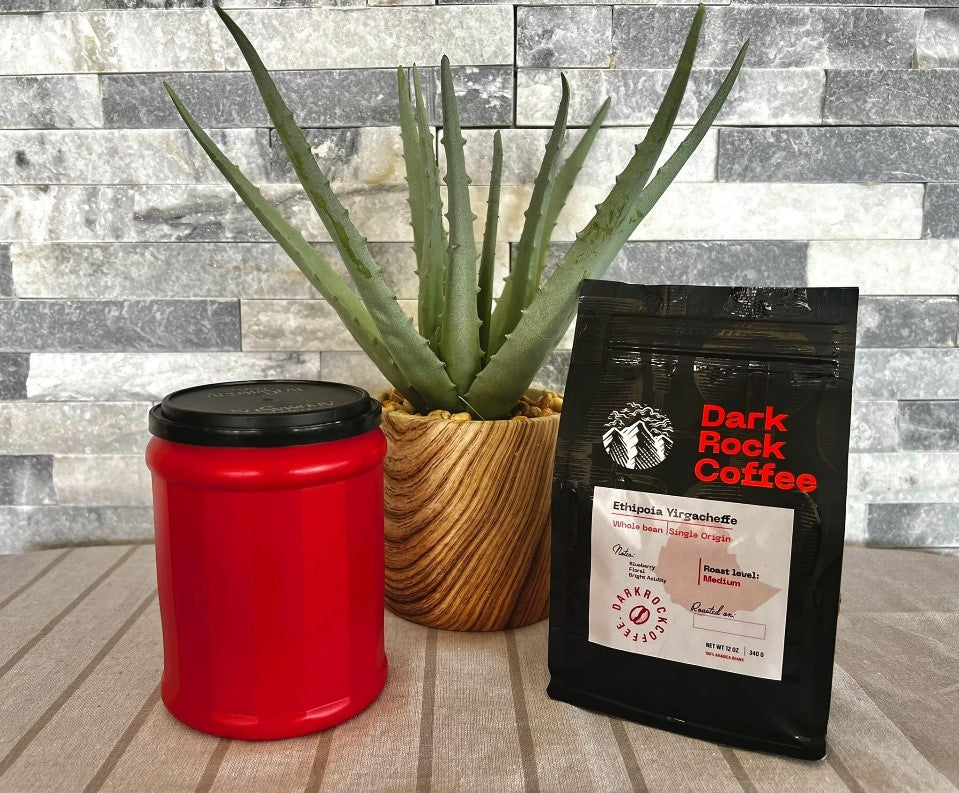Article: Specialty vs Commodity Coffee: What is the Difference?

Specialty vs Commodity Coffee: What is the Difference?

Most of us love a good cup of coffee in the morning. After all, it’s that "extra something" that propels our energy and helps us get through our days! Perhaps it’s no surprise then that we become upset whenever we don’t get our hands on it, or it was not what we expected it to be regarding taste.
Coffee is known as a commodity, and just like any other commodity, it has a price on the commodity market. Similar to oil, the price of coffee fluctuates depending on various factors, but this price fluctuation excludes all major factors of the specialty coffee market. Some of these factors include the coffee quality, which is usually ranked by points. Coffee is known to be “specialty" when its score is above 80 points. The taste is the next important factor, and since it is a high-quality coffee, the production cost is also considered.
So, what is commodity coffee and what is specialty coffee? Let us first define what commodity coffee is. Commodity coffee is typically a low-quality coffee with a high number of defects and undesirable qualities. It tends to be a super dark roast with the same strong and not-so-good flavor. This is why it is always accompanied with a lot of cream and sugar. Notably, these coffees tend to be your typical ones found at any local grocery store. On the other hand, specialty coffee is a coffee that has a score between 80 and 100 (i.e., out of a possible 100), and these standards come from certified Q-grades. In addition, many specialty coffee roasters form relationship with farmers, farm owners, washing stations, and co-operatives. Specialty coffee will always be of better quality and will also be better tasting than your regular commodity coffee.
So, why should you choose Specialty?

To conclude, if you are a coffee addict or enthusiast, you might want to go for a specialty coffee rather than a commodity one. This is due to its flavor superiority, farmers being paid properly to produce high-end coffees, the ethics involved in growing, and how these are traded (e.g., direct farmer trade, fairly traded, and the relationship model).
Of course, specialty coffee won’t always be completely perfect, but it will always aim to be the closest, ranging from the taste of your cup of coffee, to the fair pay that farmers receive, and most importantly, encouraging eco-friendly, sustainable, and highly ethical farming practices.


